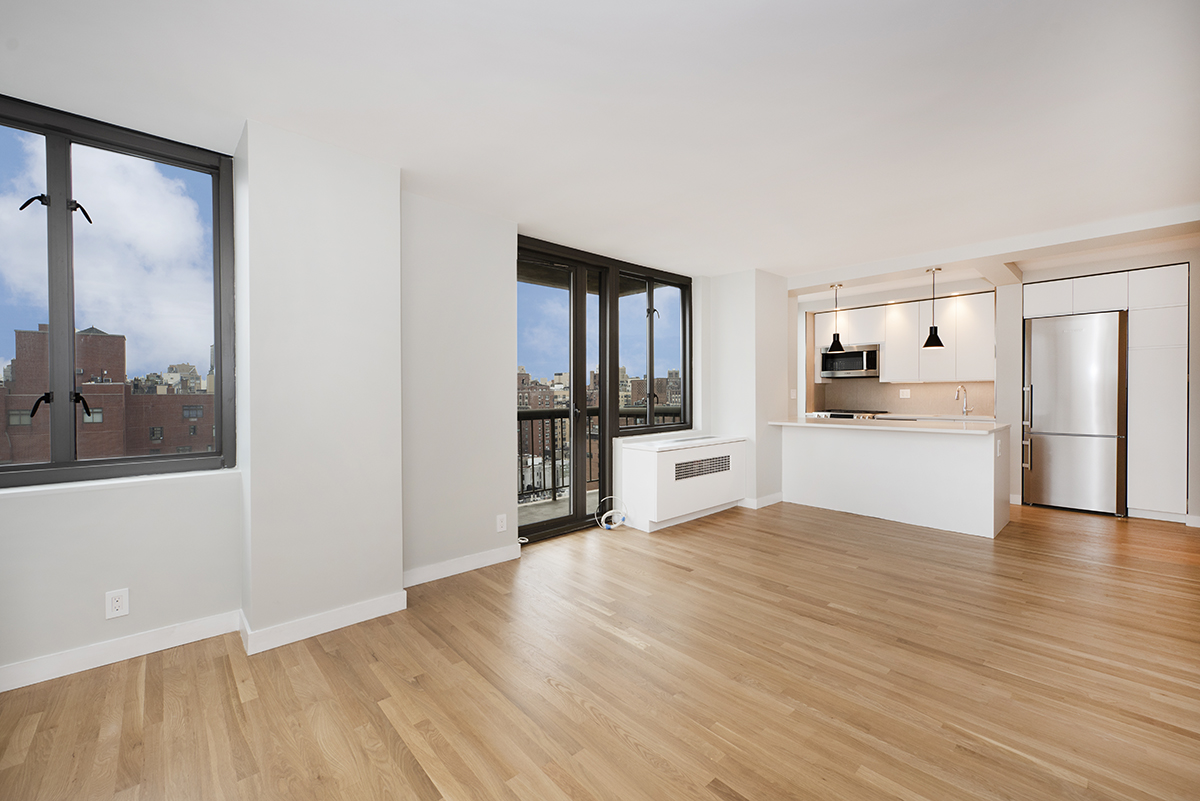Table of Contents Show
Most people follow the typical financial timeline once they’ve finished college. Land a job, rent their first apartment, get married, save enough for their first home, start a family, buy a second home, etc. But what about buying an investment property first before your primary residential home? Going the usual route does come with the benefits of building credit and allowing you to enjoy your early years. But if you’re a 20-something college graduate with a good job, waiting until you’re in your 30s or 40s may not be the wisest choice. The sooner you can get into the real estate game, the better.
Here’s why you should consider buying an investment property first. View the benefits of buying while renting below.
Capital Growth PotentialCapital Growth Potential
Perhaps you want to purchase a home now but can’t afford the area you want to live in. Rather than settling for a home, you don’t wish to because you can’t afford anything better, consider putting your money into an investment property. It will get you into the real estate game early. Thus, allowing you to generate cash flow and build equity until you can afford the place you want. Do your research and buy a property in an up-and-coming neighborhood. That way, you can sit back and watch as your property appreciates over time. The sooner you can buy, the more you can expect to gain.
A Source of IncomeA Source of Income
As a rule, a primary residential property doesn’t make you any money. That’s because any profit made from the sale is generally put back into the next property you buy. But an investment property can make you money on two fronts. The rental yield you’ll earn from tenants and the profit from when you eventually sell. When managed properly, an investment property can more than pay for itself. So long as the cash flow is positive, your rental income can cover any outgoing costs and your mortgage payments. This can make the property a long-term asset that will provide for you in the future. You may even be able to cover your rental payments as well. Thus, giving you financial independence to plan for the future.
Tax ExemptionsTax Exemptions
Since an investment property is tied to your income, you can write off any investments you make in the property and claim deductions for interest payments on the mortgage. The same also goes for any depreciation. These tax benefits can bring in substantial savings, especially for high-income earners with large amounts of tax.
Build Equity FasterBuild Equity Faster
If your rental income exceeds your mortgage payments, you can immediately start paying down the mortgage. This would allow you to build more equity than paying off the mortgage using just your wages. This can provide the leverage needed to buy your first home a few years later. Once you’ve leveraged enough to buy a home you want to live in, you can sell the investment or hand it on to it as an investment. It allows you to qualify for more loan opportunities or put down a sizeable down payment to secure a low-interest rate.
Flexibility to MoveFlexibility to Move
If you’re starting in life, buying a home can be a big commitment. That’s because it is. You’ll be tying up your money in the purchase and locked into one location until you sell. Most real estate agents advise against buying a residential home if you can’t commit to staying put for a minimum of 6-8 years. Otherwise, the purchase cost compared to renting isn’t worth it. But if you buy an investment property first, you’ll still be free to move between states if needed for work.
Some Things to ConsiderSome Things to Consider
Even with all the advantages that come with buying a home while continuing to rent, you still need to make some considerations. The biggest will be whether you can afford it. Many first-time buyers miscalculate how much home ownership can cost. If the costs of an investment property plus your living expenses consume more than 50% of your income, then the investment makes little sense. Along with the monthly mortgage payment, there will also be maintenance costs that you’ll be responsible for. Being a landlord can also be a tiring experience and comes with risks if you end up with tenants from hell.
Talk with your financial planner to see if purchasing an investment property is a good investment for your situation. It won’t be right for everyone, so make sure you know what you’re like.

